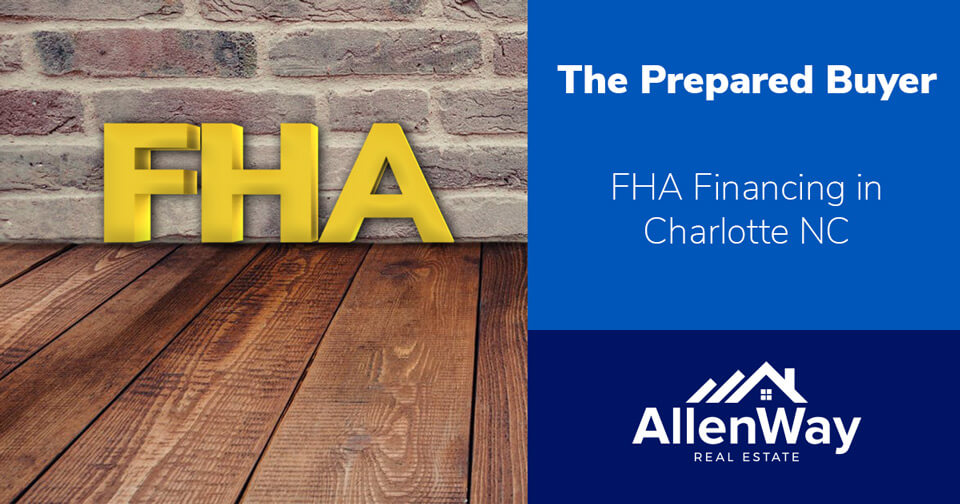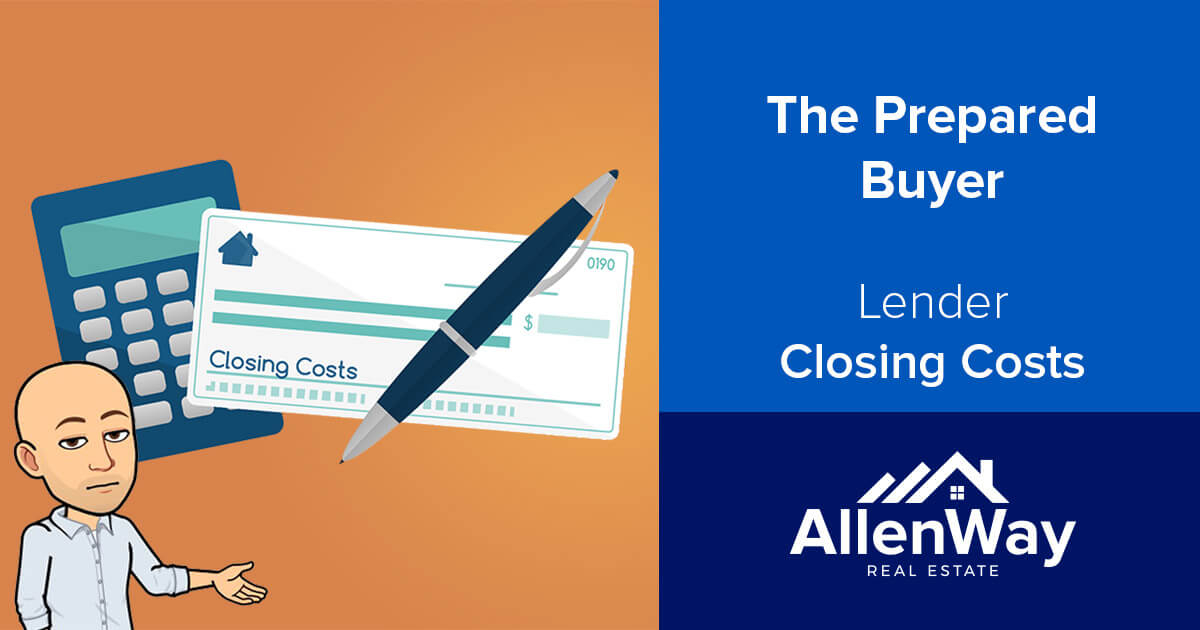
FHA is a mortgage where private mortgage insurance (PMI) is provided with federal funding. A majority of banks offer the program. Although not exclusive to first time buyers, it is most often used by those looking to purchase their first home. This article details NC FHA Mortgage Guidance and pre-approval recommendations to help you determine whether it is a mortgage that you may want to select.
Benefits Of FHA Financing
There are several important benefits of FHA financing. The primary benefit is the minimum down payment, which is three and a half percent. This can greatly help home buyers who do not have a lot of funds saved. FHA Mortgages also allow buyers to receive money for down payment and closing costs as a gift from a family member.
An additional useful feature is the streamlined refinancing option. It enables a refinance to a reduced interest rate without needing a current appraisal, which is useful during declining markets. The loans may also be assumed, meaning that a new borrower may take over the loan at the fixed interest rate (if they qualify). This may help when interest rates are on the rise. Finally, FHA does not penalize buyers for credit rankings. Although buyers must still have satisfactory credit to qualify at all, having a lower credit score will not result in a higher interest rate on the loan.
Disadvantages Of FHA Financing
There are disadvantages of FHA financing to keep in mind. FHA mortgage insurance (MI) is often more than conventional loans. There is an up-front fee at closing and a recurring fee due with each payment until the principal is paid off. For condo purchases, the complex must satisfy specific requirements such as minimum reserve funds and certain owner occupancy rates. Converted duplexes may be unlikely to get approved. Single family homes must also satisfy specific criteria relating to safety.
FHA Pre-approval Recommendations
Prior to requesting a pre-approval, get a copy of your credit score and correct any mistakes. Also keep copies of relevant financial forms such as bank accounts, tax forms from recent years, current pay stubs, and investment portfolios. Mortgage Professionals will routinely demand these documents. Consult with a loan officer to obtain estimated monthly payments (based on a particular purchase price and your credit qualifications) and closing costs before proceeding too far in the process.
NC FHA Mortgage Guidance
FHA makes purchasing a home possible for certain home buyers who may otherwise not qualify for financing. It can also make refinancing or selling a home less complicated if rates significantly change. However, there can be more costs and property criteria, so not everyone will wish to use an FHA loan. Speak with an FHA loan professional to better evaluate this option.




